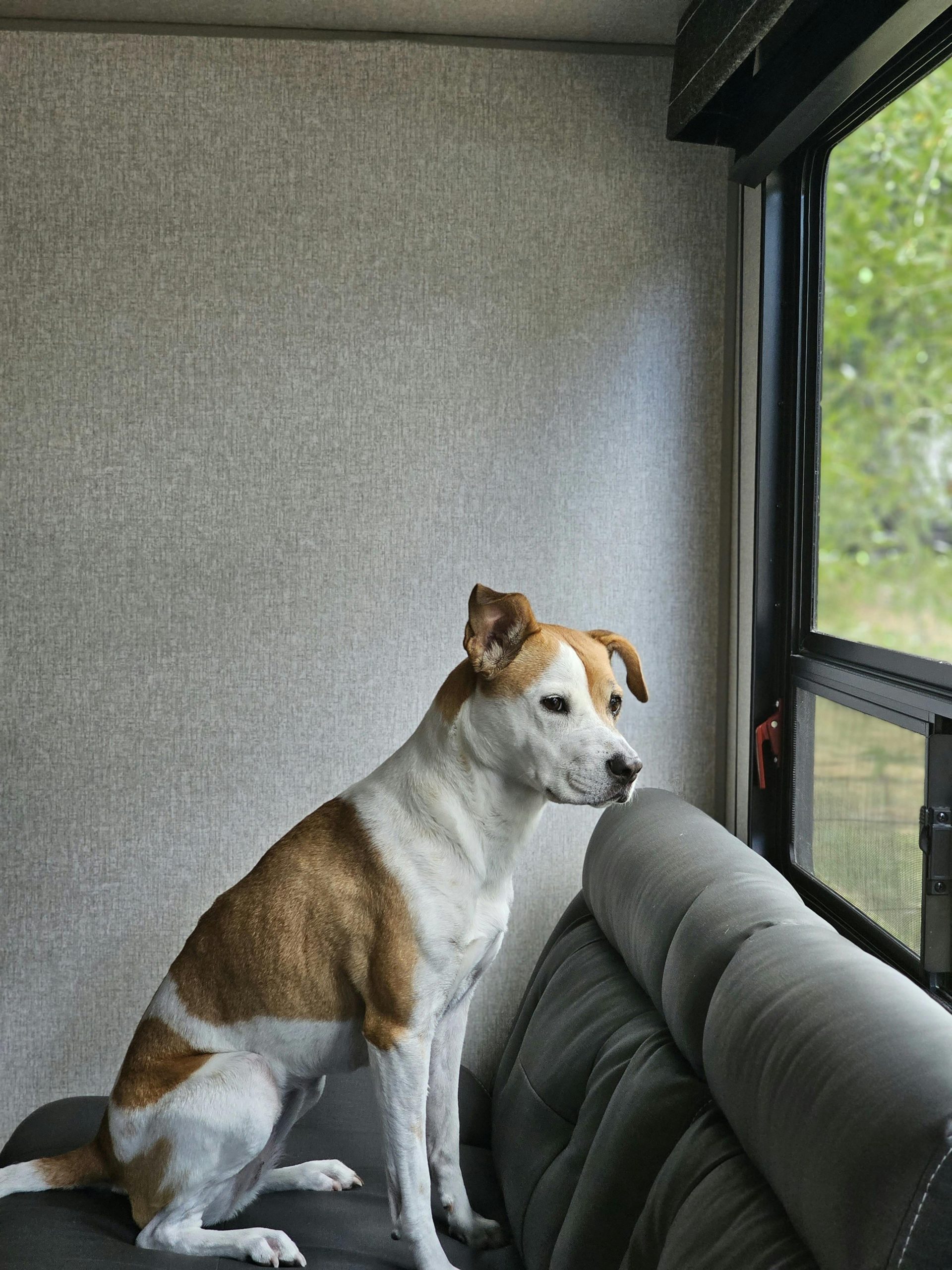Understanding the Need for Commercial General Liability vs. Garage Policy Insurance
I’m in the process of launching a mobile RV trailer repair business in Alberta, Canada, and I’m currently looking into getting the right commercial insurance coverage. My broker is uncertain whether I should opt for a garage policy or just general liability, so they’re obtaining quotes without including a garage policy for now.
From my research, it seems that a garage policy is intended for situations where a customer’s vehicle is in my care—like when it’s at my shop, during test drives, or while being transported. Essentially, it’s applicable whenever I have a customer’s vehicle without the owner present.
My services will include tasks such as carpentry, plumbing, electrical work, propane line installation, roofing, window replacement, flooring, and more—essentially all the repairs you would typically do in a home, but focusing on RVs. Most of my work will take place with the customer present, usually at campgrounds or their residences. Many of the trailers I service aren’t even registered as vehicles since they’re set up on permanent lots and rarely moved.
Given this context, do I need a garage policy for my business?




It sounds like you have a solid understanding of the distinctions between commercial general liability insurance and a garage policy. In your case, since most of your work will be performed at the customer’s location with them present, a commercial general liability policy may be sufficient. This type of insurance will protect you from claims related to bodily injury, property damage, and personal injury that may arise from your work.
However, the garage policy typically covers specific risks associated with handling customer vehicles, which includes coverage for vehicles in your care, custody, or control. Since you mentioned that some of the RVs you work on aren’t even registered and that your work is primarily done on-site, the garage policy might not be necessary for you.
That said, it’s always a good idea to have a detailed discussion with your broker about the unique aspects of your operation. They can give you tailored advice based on your business activities, particularly regarding any potential risks you might face, such as the handling of customer property. Additionally, consider asking about any endorsements that could be added to your general liability policy to cover specific situations you may encounter, particularly if you find that you sometimes have customer vehicles in your possession.
In short, while it seems like a garage policy may not be required for your current operations, consulting further with your broker would ensure you have the appropriate coverage tailored to your business needs.